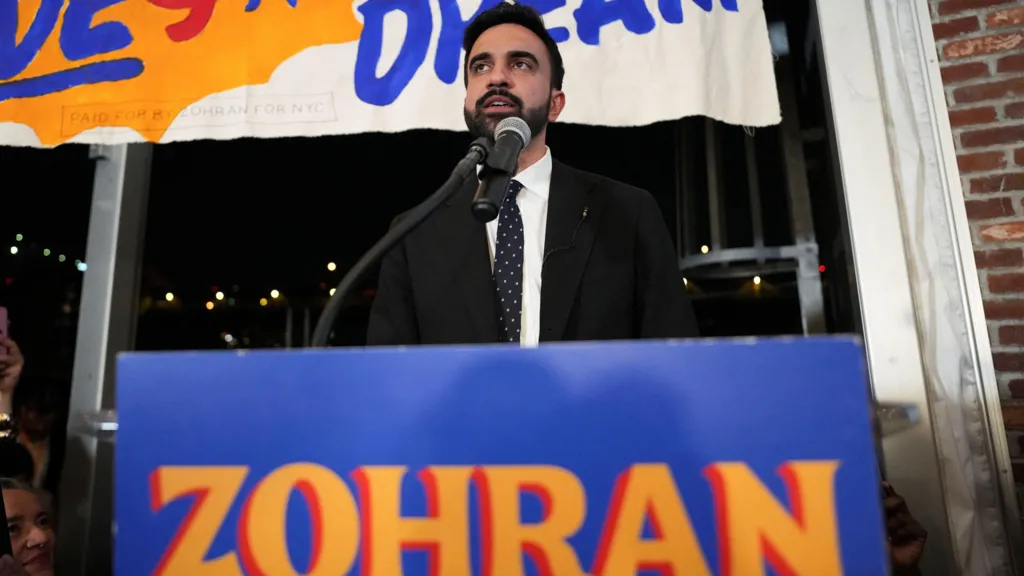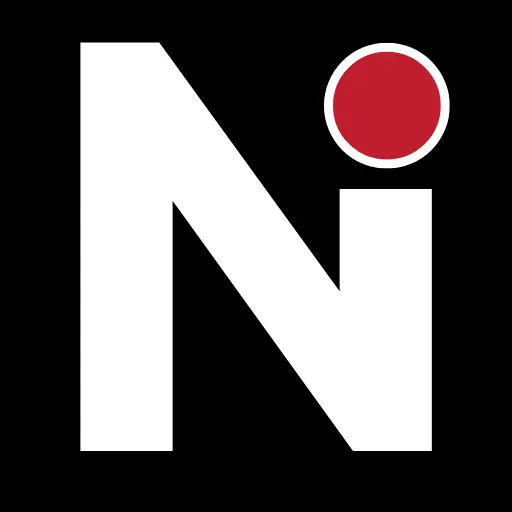Zohran Mamdani’s stunning upset in New York City’s Democratic mayoral primary on June 25, 2025, has thrust democratic socialism into the spotlight. As a self-described democratic socialist, his victory over Andrew Cuomo raises questions about this ideology’s meaning and future. Here’s a breakdown of what democratic socialism is, why it’s gaining traction, and what it means for New Yorkers and beyond.
Mamdanis Victory Shakes Up Politics

On June 25, 2025, Zohran Mamdani, a 33-year-old Queens assemblyman, clinched the Democratic nomination for New York City mayor, defeating former Governor Andrew Cuomo. His campaign, rooted in democratic socialism, focused on affordability—free buses, frozen rents, and zero-cost child care.
Our reporters at a coffee shop in Brooklyn yesterday when locals couldn’t stop talking about Mamdani’s win, energized by his bold ideas but curious about what “democratic socialism” really means. His rise signals a shift, especially among younger voters craving change in a city where rents eat half their paychecks.
What is Democratic Socialism?
Democratic socialism blends democratic governance with a push for economic fairness, aiming to shift power from corporations to workers. Unlike traditional socialism, which might call for state-controlled economies, democratic socialists like Mamdani and Bernie Sanders advocate working within capitalism to prioritize policies like universal health care, free college, and higher taxes on the wealthy. It’s less about abolishing capitalism outright and more about curbing its excesses. Columbia University’s Sheri Berman notes the term is “fuzzy,” meaning different things to different people, which makes it both flexible and divisive.
For example, imagine a New York teacher struggling with student loan debt and skyrocketing rent. Democratic socialism might push for free public college and rent controls to ease her burden, funded by taxing Wall Street tycoons. It’s not about seizing private businesses but ensuring the system works for the many, not the few.
Why It’s Resonating Now
Mamdani’s win taps into a growing frustration with inequality. His policies—like free public transit and publicly owned grocery stores—struck a chord with New Yorkers facing a crushing cost-of-living crisis.
This echoes Bernie Sanders’ 2016 and 2020 campaigns, which popularized democratic socialism among young voters. The Democratic Socialists of America (DSA), with over 80,000 members, backs ideas like Medicare for All and the Green New Deal, reflecting a hunger for systemic change. I’ve seen friends in their 20s, buried under medical bills, light up when they hear about policies that could lift that weight—it’s personal, not just political.
The Controversy and Criticism
Not everyone’s on board. Critics, especially Republicans, paint democratic socialism as a step toward communism, citing fears of government overreach. Florida Senator Rick Scott even predicted New Yorkers would flee to his state over Mamdani’s win.
Others argue it’s too idealistic—freezing rents or making child care free sounds great, but the price tag could strain city budgets. Even within the Democratic Party, moderates worry Mamdani’s leftward stance might alienate swing voters, especially after the party’s 2024 losses. Yet Mamdani’s ability to galvanize young and working-class voters suggests the label isn’t the liability critics claim.
What’s Next for Democratic Socialism?
If Mamdani wins the general election, he could become a national face of democratic socialism, alongside figures like Alexandria Ocasio-Cortez. His policies face hurdles—implementing free buses or raising taxes on the rich requires Albany’s cooperation and serious cash. But his campaign’s energy shows the ideology’s growing pull, especially in urban hubs. For now, fans can track his plans on his campaign site or follow DSA updates for local rallies.
